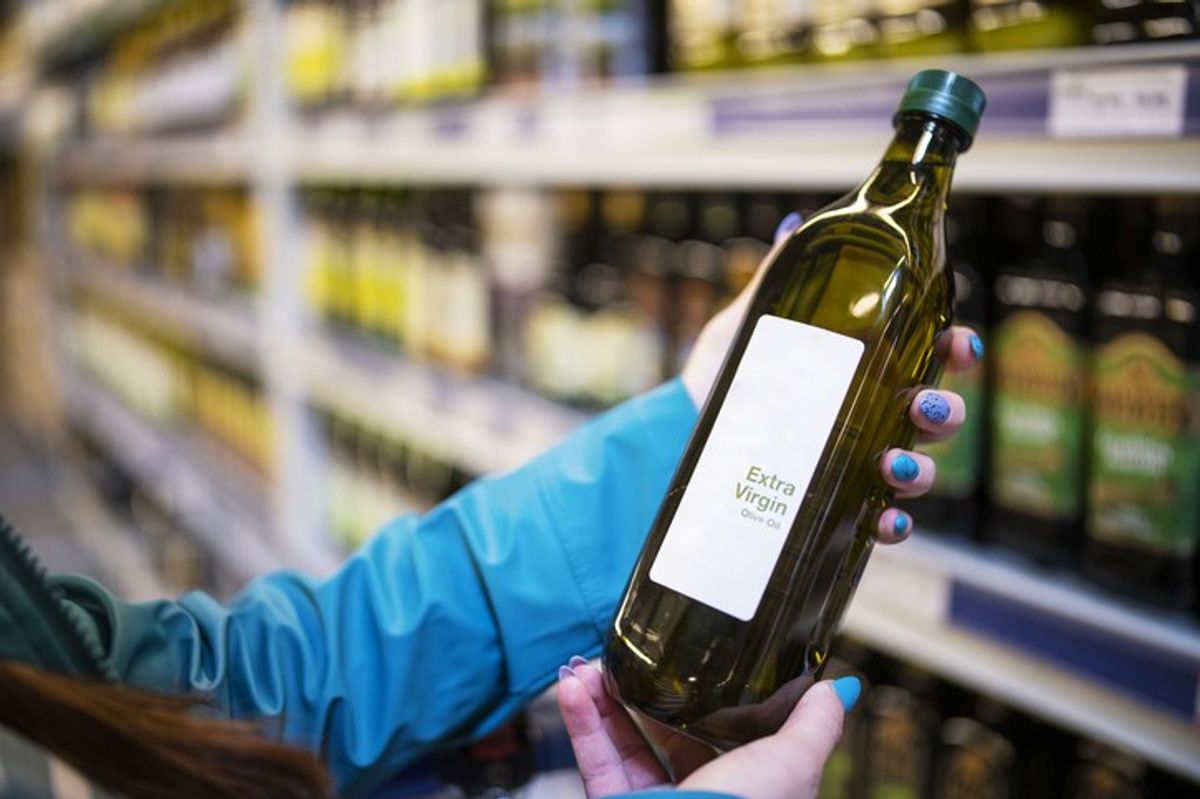Olive oil prices are set to climb further this year and are likely to head to more than £16 a litre for a bottle of extra virgin oil amid a drop in global production to the lowest level in more than a decade.
Lower production in Greece, Morocco and Turkey as part of the natural cycle of olive growth is expected to offset an improving situation in Spain and Italy, where trees have suffered from extreme heat and drought in recent years as the climate crisis wreaks havoc on harvests.
Just under 2.3m tonnes are expected to be produced globally this year, according to the latest data from the International Olive Council, down from the 2.5m produced in last year’s difficult harvest and well below the 3.4m in 2022, The Guardian reported. For the second year in a row, demand is expected to outstrip supply, putting pressure on prices for shoppers.
Mass-market brands are likely to witness a substantial price hike, with industry insiders forecasting prices exceeding £16 per litre next month, compared to approximately £14 earlier this year. Premium brands such as Odysea and Belazu have already breached the £18 mark, while others like Napolina and Filippo Berio are commanding prices nearing £15 and £13 per litre, respectively.
The scarcity of olive oil has become a cause for concern, prompting retailers to adopt measures like security boxes to deter theft.
The soaring olive oil prices have prompted a shift towards alternative oils like sunflower and rapeseed, while producers are struggling to replenish depleted stocks amidst surging demand. Bottlers in Italy and Spain witnessed a more than 60 per cent increase in olive oil prices last month, with Greece experiencing an even steeper surge of over 80 per cent.
Looking ahead, industry experts warn of potential further price hikes, particularly as wholesalers may exploit dwindling supplies post-summer. Despite efforts to bolster production by sourcing oil from South America, challenges remain due to supply restrictions in countries like Argentina and Chile.


